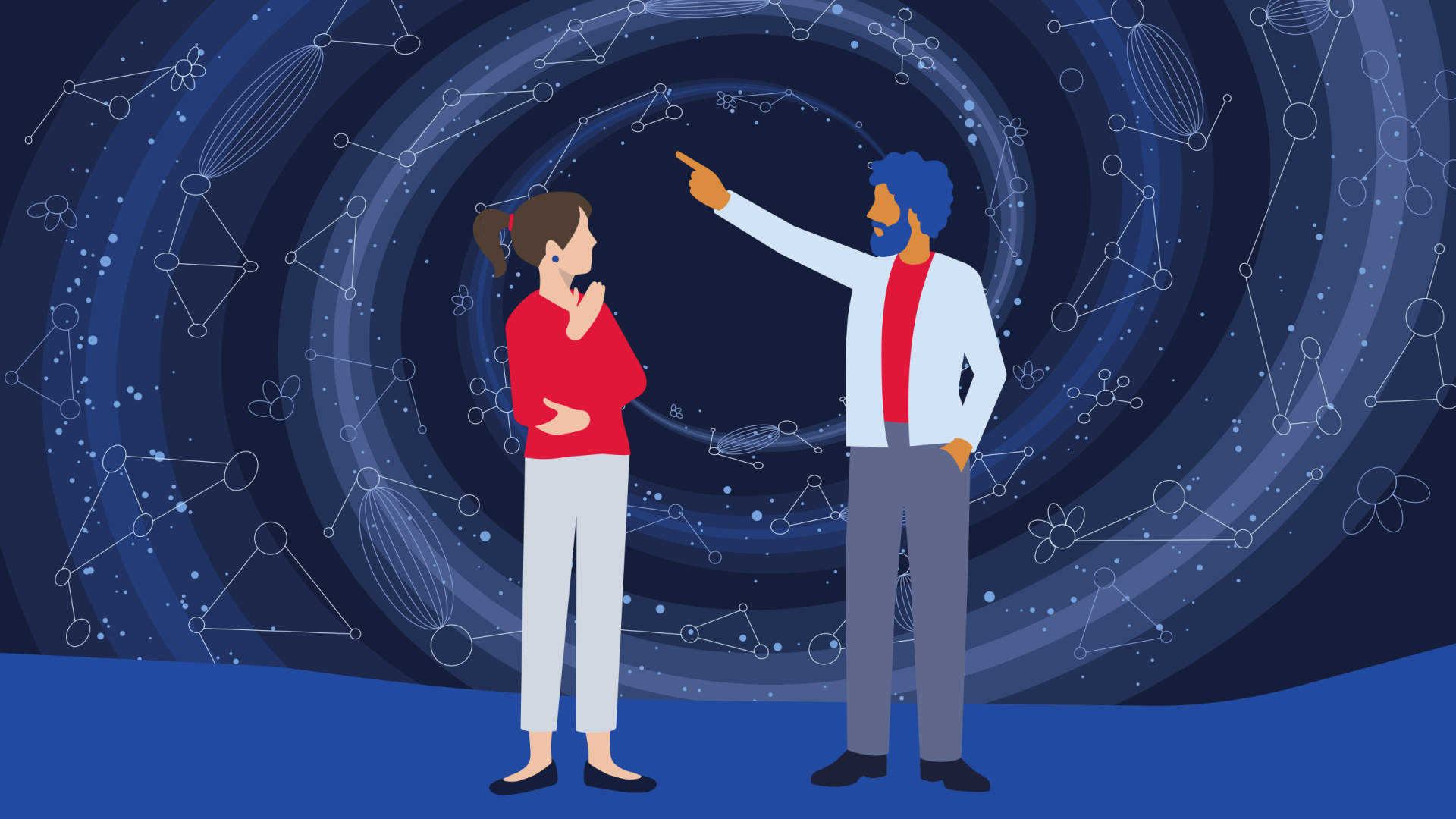Will the hot topic of the decade survive the next ten years?
You’re a data scientist working on drug discovery, watching the geography of your discipline shift dramatically with the introduction of accessible generative AI. It seems like everyone is talking about the incredible AI-powered future that awaits by using their tool. But is AI really that useful? What objective, concrete gains can you expect to see in your research?
You may be familiar with the QIAGEN Biomedical KB-HD, formerly known as the BKB. It’s the leading manually curated biomedical knowledge base, boasting over 24 million high-quality relationships created over 4000 human-years of manual work. But it takes time to deliver validated, full-context relationships.
Our new offering, the QIAGEN Biomedical KB-AI, uses generative AI data curation to create the largest biomedical knowledge graph on the market. Quality is great, but sometimes, you need the kind of quantity that only AI can enable. Let's get into it.
See more
- Every day, our knowledge of biology is expanding. With over 1.5 million new biomedical publications each year, there’s no way to make sure that you see everything relevant to your research. Biomedical KB-AI scrapes all available publications and uses generative AI to create a truly complete picture. It also includes relationships that may be hidden in the sheer volume of content or that come from disparate sources. Get the full context for any biomedical entity, without worrying about what you could be missing.
Stay current
- If you’re looking to stay on the cutting-edge of scientific discovery, you need help. Biomedical KB-AI uses generative AI to create causal relationships based on new publications, and it offers over 25x more connections than our human-derived knowledge graph. It updates quarterly with data from the most recent publications, making sure you can always take advantage of biomedical advances. If you value access to the latest research insights, this knowledge base will deliver the data you need.
Discover more
- Biomedical KB-AI uses a strict ontology to create detailed causal relationships without introducing any ambiguity. You don’t need to remember all the different ways someone could refer to a blood test; the ontology remembers for you.
- Biomedical KB-AI is the largest biomedical knowledge graph available. With over 640 million relationships ready for analysis, it’s designed to propel drug discovery in pharma and biotech. These standardized relationships prime the knowledge graph for rapid querying, as well as exploration with machine learning techniques like supervised and unsupervised learning.
- You’ll easily navigate the dataset and discover unexpected relationships like drug interactions, gene-disease relationships and new therapeutic targets. Cut down on hypothesis testing time and find more therapeutic avenues by starting with the most complete data.
AI data curation helps create large, streamlined and timely knowledge graphs that cover more ground than any human-curated effort could. If you're looking for the whole picture, you might just find it in an AI-curated knowledge graph.
Learn More


















